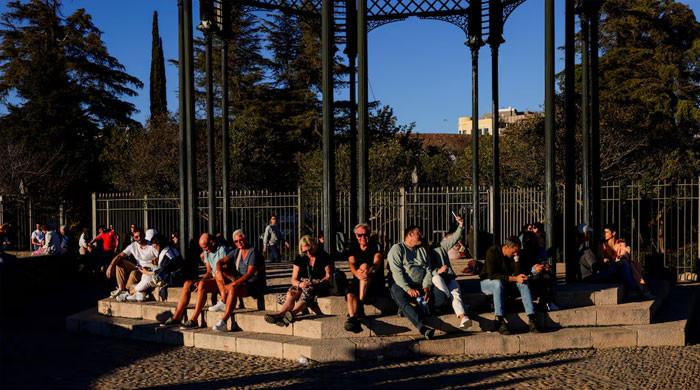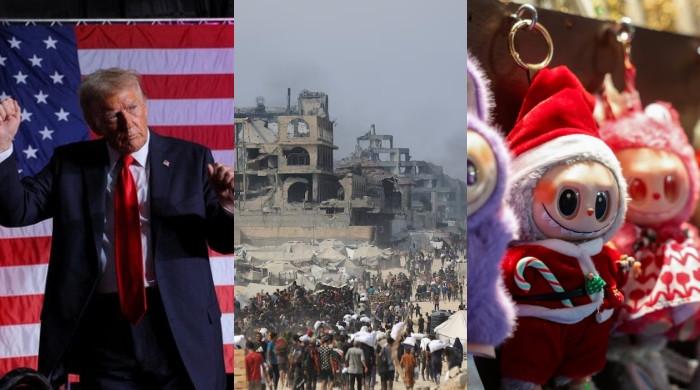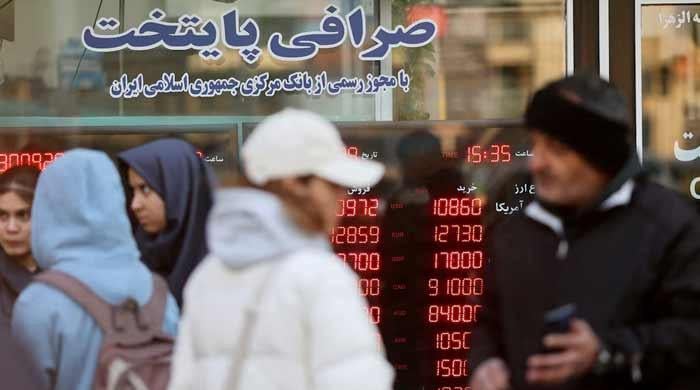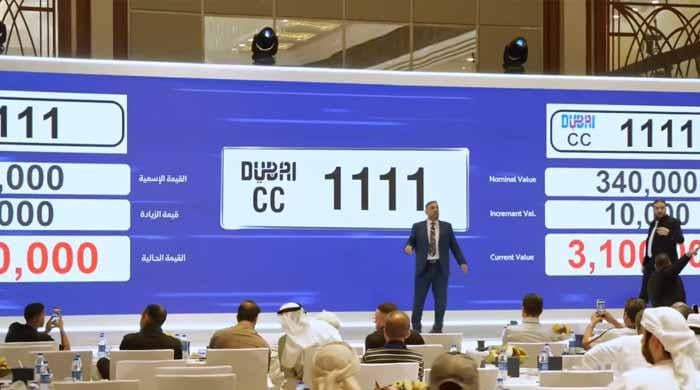India steps up efforts to stop Pakistan's water
India moves to maximise its water use from the western rivers of the Indus basin
December 22, 2016
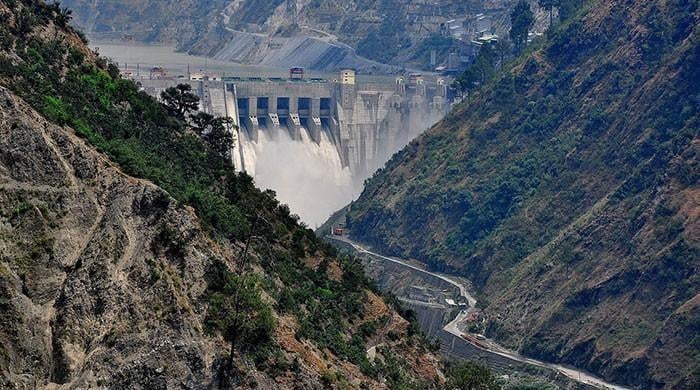
Despite Prime Minister Nawaz Sharif’s efforts for peace with India, Modi-led Indian government has increased efforts to stop Pakistan’s water by building huge water storage facilities and canals along the Indus river system.
A BBC report quoting senior official said that India is stepping up efforts to maximise its water use from the western rivers of the Indus basin.
The three rivers flow through Indian-occupied Kashmir but most of the water is allotted to Pakistan under an international treaty.
The treaty signed in 1960, gives India control over the three eastern rivers (Ravi, Beas and Sutlej) of the Indus basin while it gives Pakistan authority over the three western rivers (Indus, Jhelum and Chenab).
The treaty also guaranteed ten years of uninterrupted water supply, during this period Pakistan was to build damns. Pakistan successfully built Warsak, Mangla and Tarbela dams.
In an outrageous statement in November, Indian Prime Minister Narendra Modi said that water which belongs to India cannot be allowed into Pakistan.
“The fields of our farmers must have adequate water. Water that belongs to India cannot be allowed to go to Pakistan…Government will do everything to give enough water to our farmers,” he had said.
According to the report, India wants to "maximise" its use of water from the Indus, Chenab and Jhelum rivers. Millions of people in both countries depend on water in the rivers.
Islamabad is already unhappy with some of India's existing water projects.
It has asked the World Bank, which brokered the signing of the treaty between the two countries, for a court of arbitration to consider two Indian hydropower projects in the Indus basin, the report said.
In the past, disagreements between the two countries have been settled within the legal framework provided within the treaty. The World Bank’s role in the Indus Water Treaty is limited and strictly procedural.
In September, Modi also reviewed provisions of the treaty with Pakistan. He along with other government officials evaluated the pros and cons of the treaty.




